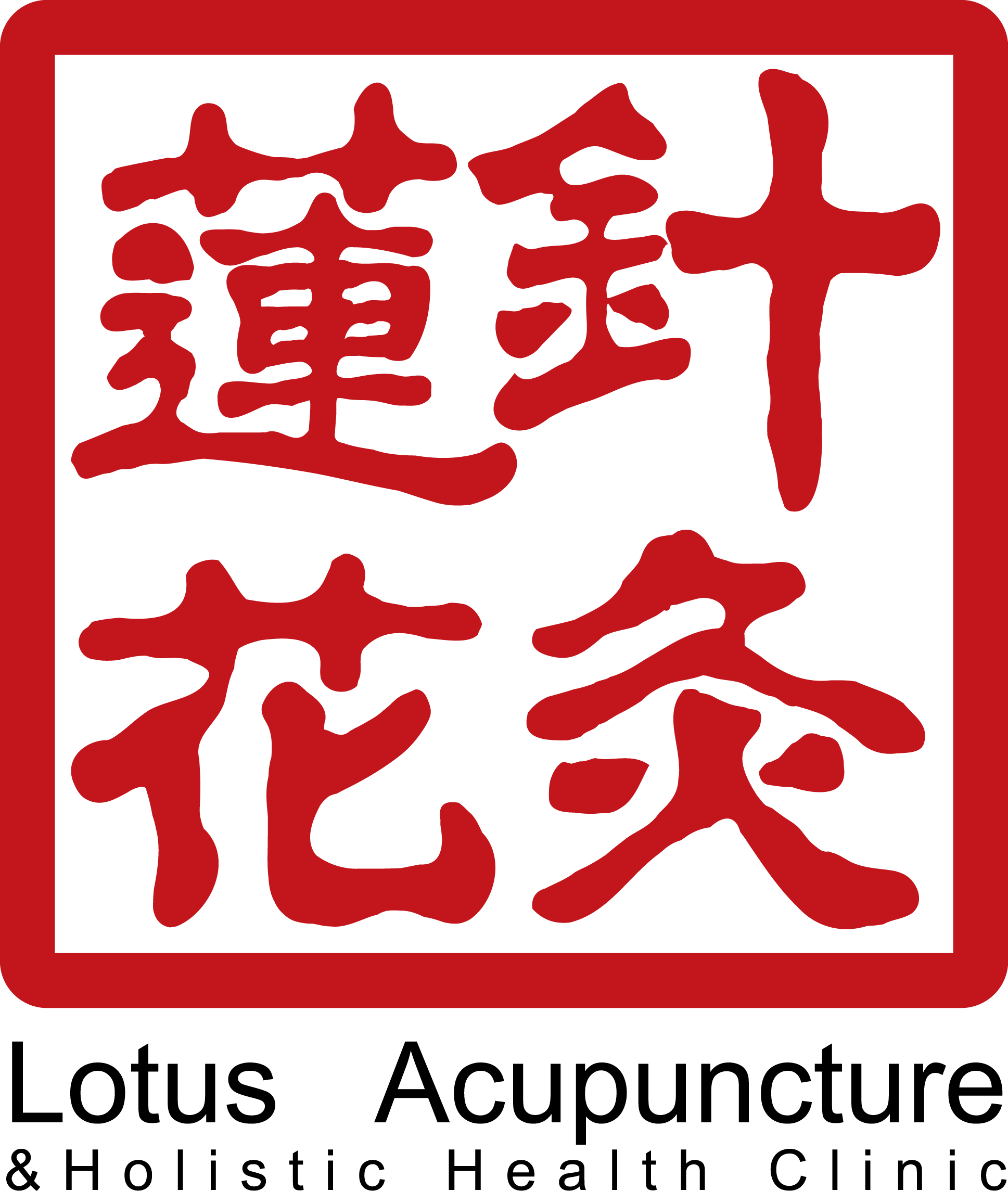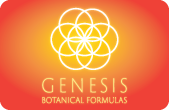 In Chinese medicine, there are patterns of disharmony in the body, caused by patterns of deficiency, that produce problematic and sometimes serious health conditions in perimenopausal and menopausal women.
In Chinese medicine, there are patterns of disharmony in the body, caused by patterns of deficiency, that produce problematic and sometimes serious health conditions in perimenopausal and menopausal women.
Unlike Western medicine, where perimenopausal and menopausl patients are treated and prescribed medications with a “one size fits all” course of treatment, Chinese medicine identifies and then treats the individual and her patterns of disharmony. By identifying the patterns of deficiencies within the body, the health care provider is able, to customize the treatment, so that it is perfectly tailored to treat the root causes of the disharmony and thus, the symptoms.
A person can have one or many patterns of deficiency that cause disharmony in the body. The patterns of deficiency found in perimenopausal and menopausal women are listed below.
Patterns of Deficiency Leading to Disharmony in the Body:[i]
Liver Yin- Kidney Yin deficiency:
- Symptoms of Liver Yin deficiency are dry rough feeling eyes, pain underneath the lower area of the ribs (hypochondrium), and irritability.
- Symptoms of Kidney Yin deficiency are soreness and weakness of the lower back and the knees
Yin Deficiency with Deficient Heat:
- Symptoms of Yin deficiency are night sweats, hot flashes, red tongue red checks (as if check has been slapped), and thin, rapid pulse.
Yin Deficiency with Liver Qi Stagnation:
- Symptoms of Yin deficiency with liver stagnation are irritability and mood swings.
Yin Deficiency with Shen (Spirit) Disturbance:
- Symptoms of Yin deficiency with Shen disturbance are pronounced anger and restlessness.
Blood Deficiency:
- Symptoms of Blood deficiency are dull, sallow, or pale complexion, dizziness, pale lips.
Heart-Blood Deficiency:
- Symptoms of Heart-Blood deficiency are insomnia (not able to sleep), poor concentration and forgetfulness.
Liver-Blood Deficiency:
- Symptoms of Liver-Blood deficiency are blurred vision, night blindness, floaters in eyes; brittle nails, delayed and scant menses light red in color.
Kidney- Yin Deficiency:
- Symptoms of Kidney-Yin deficiency are hyperactive sex drive, scant menses or heavy menses, soreness and weakness of the lower back and knees.
Spleen and Heart Yin Deficiency:
- Symptoms of Spleen and Heart Yin deficiency are poor appetite, abdominal bloating, dry mouth and lips; insomnia, dream-disturbed sleep, and irritability.
Qi Deficiency- Blood Deficiency:
- Symptoms of Qi deficiency- Blood deficiency are pale complexion, listlessness, low voice and no desire to speak, spontaneous sweating, pale purple tongue or purple spots on tip or both sides of tongue, dizziness, pale lips and tongue, numbness, pale nails, palpitations, scant menstruation of light color, delayed and menstrual cycle.
Kidney Essence Deficiency:
- Symptoms of Kidney Essence deficiency are soreness and weakness in the lower back region and knees, poor physical and mental development, bone loss, senility, premature graying of hair, loss of hair and teeth, infertility; pale tongue, and deep, thin pulse.
Restless Organ Syndrome:
- Symptoms of Restless Organ Syndrome are disorientation, depression, abnormal behavior, irritability, insomnia, absent-mindedness, excessive worry, restlessness, short attention span, crying spells, low energy, fatigue, and excessive yawning.
According, to the pattern(s) of disharmony that the patient presents, a specific and tailored Acupuncture point prescription and Chinese herbal formula(s) are then prescribed, to treat the root cause(s) and relieve the patient’s symptoms.
It is important for women facing perimenopause and menopause, to be aware of the many changes that are occurring in their body during this cycle of life. The troubling symptoms of perimenopause and menopause are easily addressed when proper care is taken, to diagnose the individual’s patterns of disharmony. By finding the root cause of the symptoms, Acupuncture and Chinese herbal formulas can heal the body and relieve the symptoms by bringing the patterns back into harmony.
References
Chen, Ping (2004). Diagnosis in Tradition Chinese Medicine. New Mexico:Complementary
Medicine Press.
Lotus Institute of Integrative Medicine. (2006). Clinical Manual of Oriental Medicine in Integrative Approach
(2nd ed.). City of Industry, California.




